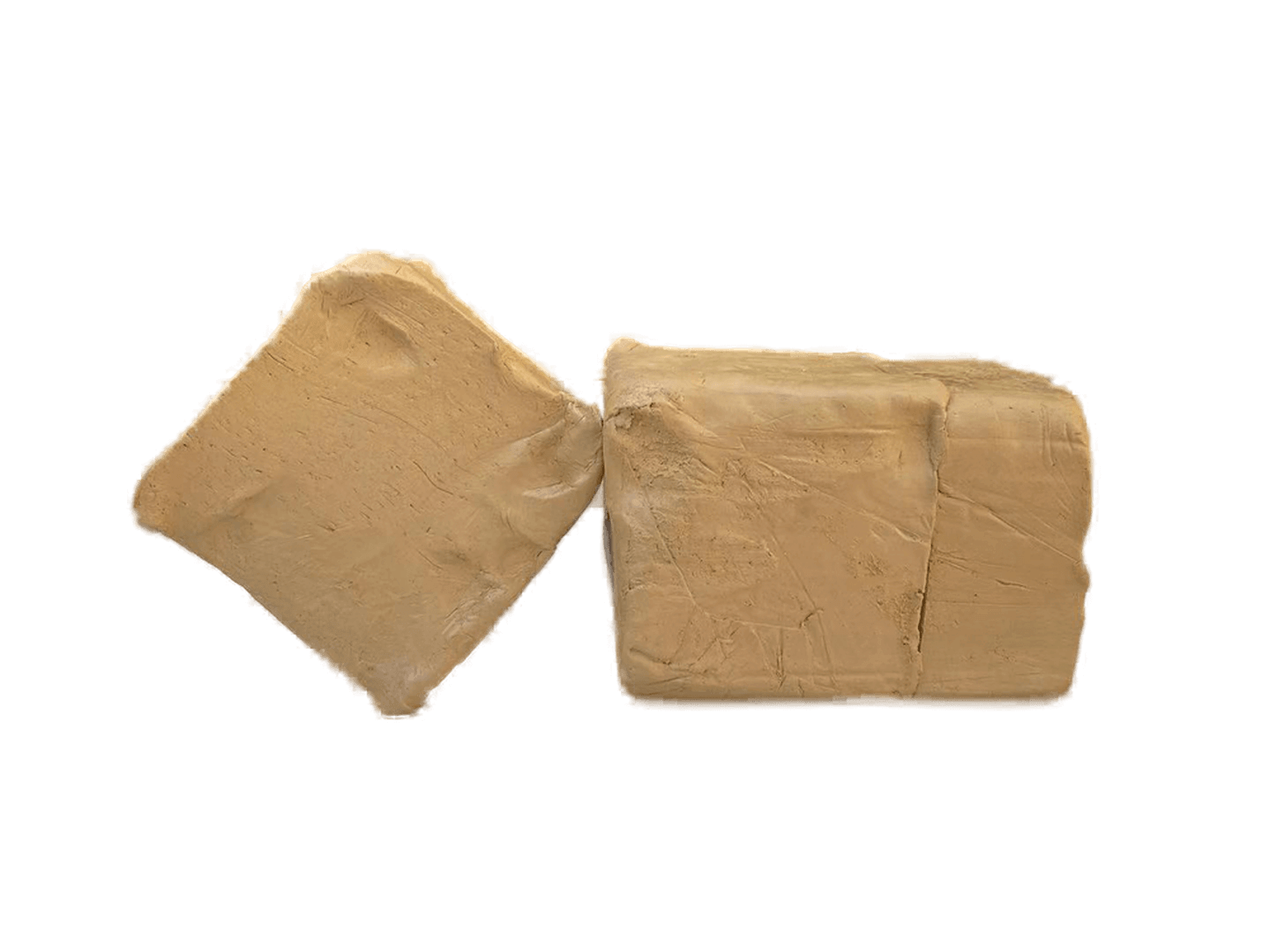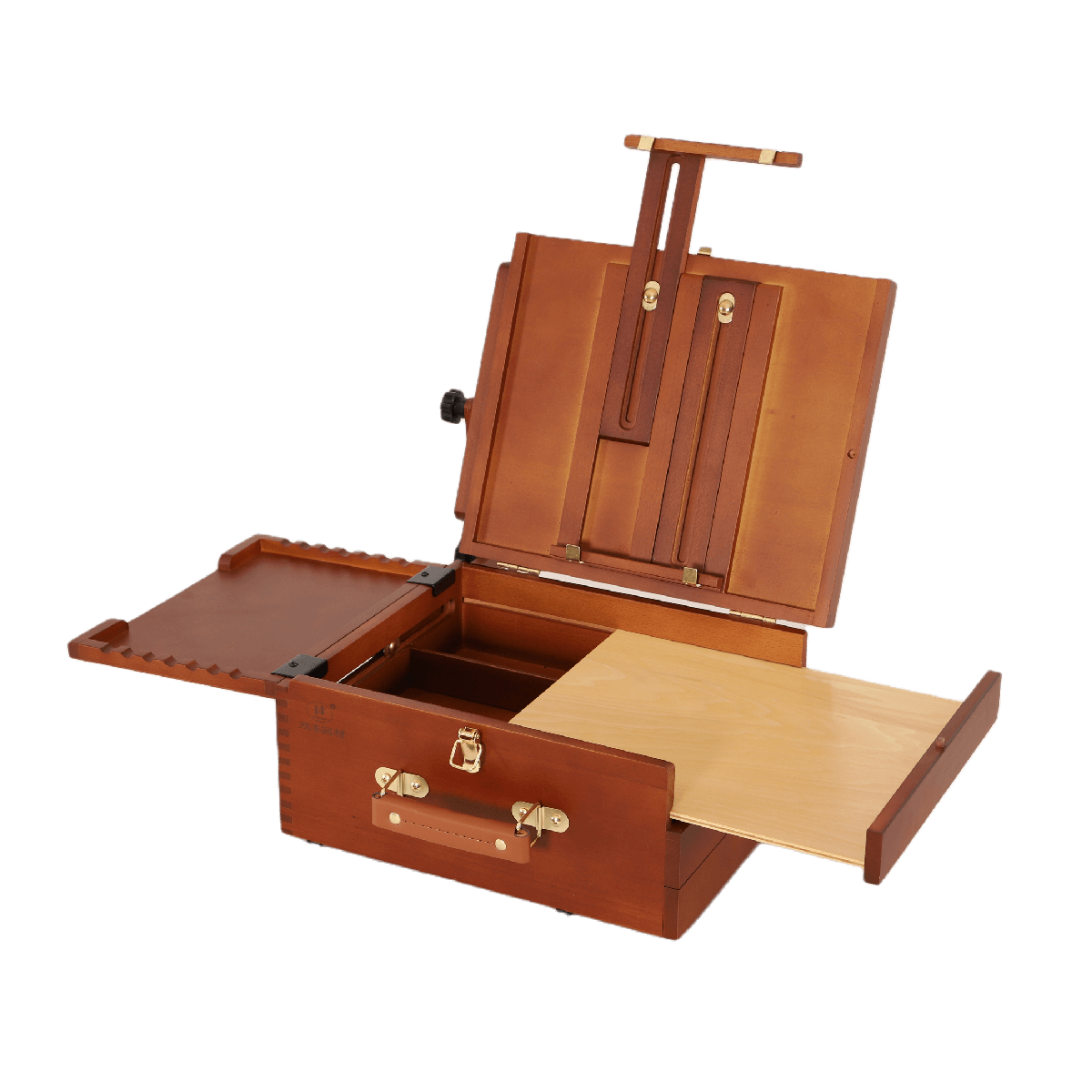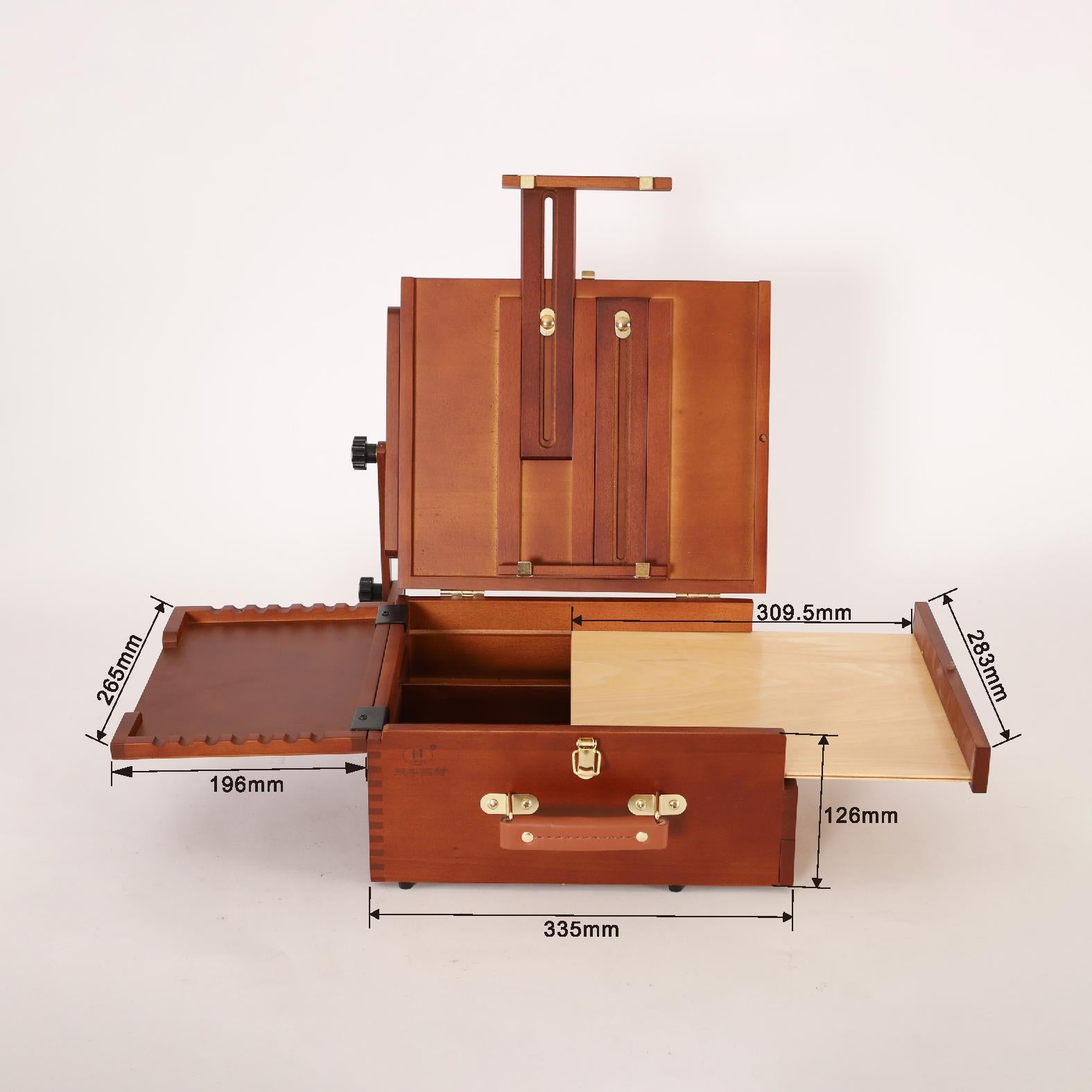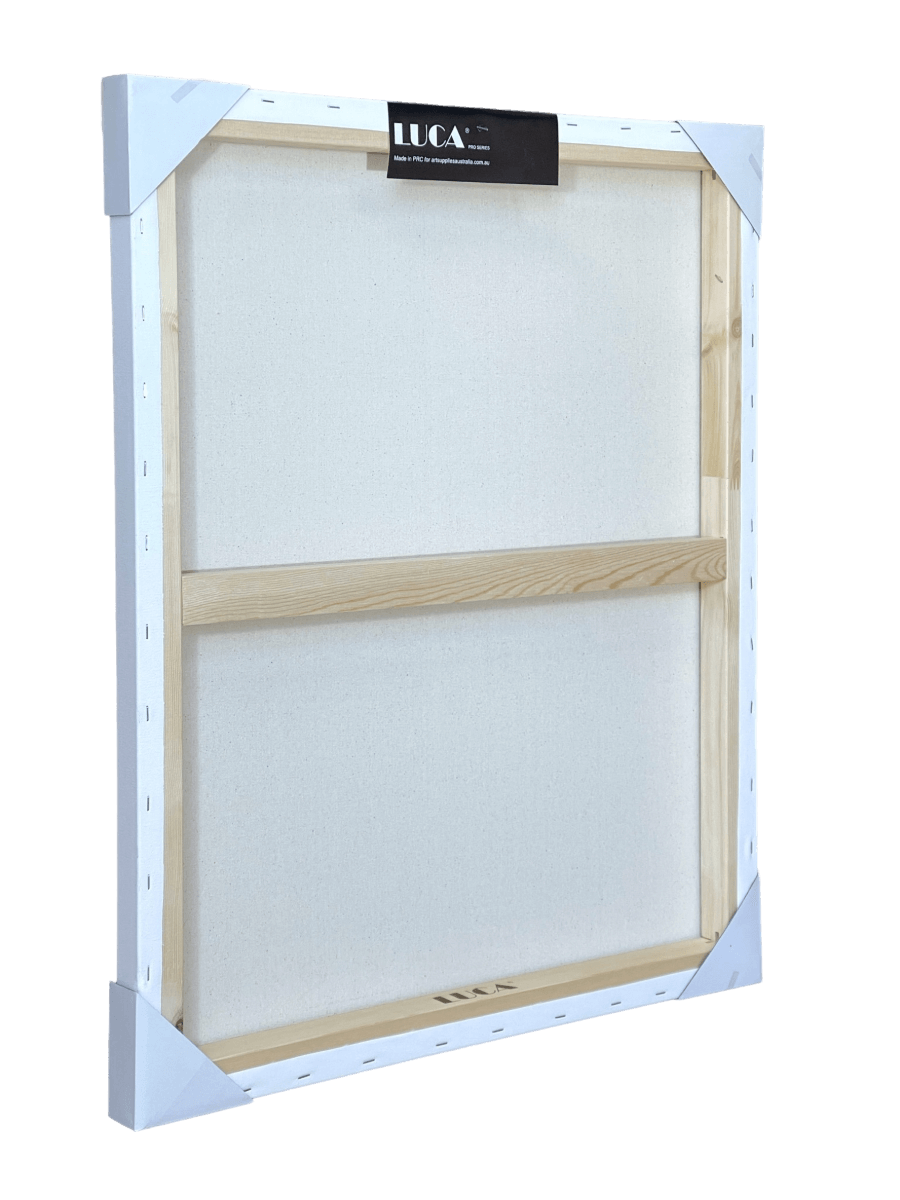While numerous people believe that they can define art, it's much harder to jut down than it might feel. For example, the general description of acceptable trades says only that it's the product of "beautiful objects."
To add further substance to this description, we can look at the three most common branches of visual art trades, performing trades, literature. While there's a lot of borrowing between the three disciplines, the first two are frequently used in about a master or bachelor of the trades.
Types of Art Degrees and Programs
The most common type of art degree you're likely to admit in any university will be either a bachelor of acceptable trades, or B.F.A., and a master of fine trades, an M.F.A. Like the description of good businesses, the subjects that these degrees cover is also relatively broad. People entering degrees in this field can be anything from art proponents to pottery-makers.
Fine Trades Degrees
Being a scholar in the acceptable trades will frequently mean encountering new movements and new artists that challenge your ideas, giving you access to a wide array of arguments. This is reflected in the diversity of subjects within acceptable trades programs.
These are some ideas of some fields that you can specialize in and help you narrow down your future council of art.
- Form
- Printmaking
- Art design
- Drawing and Painting
- Studio trades
- Architecture
- Digital media
Film School Degrees
While specializing in film can come with the same title as other acceptable trades degrees, film academy degrees offer an incredible range of art programs depending on what kind of university you attend. While some youthful artists choose to attend art universities devoted to film and film products, scholars can also admit degrees in subjects like film proposition from liberal trades sodalities.
The types of degrees you can anticipate from film seminaries cover traditional motifs like editing, other specialized chops, screenwriting, or other contemporary subjects like game art. Some programs that might be worth checking out if you're interested in what film academy can offer you are
- Computer vitality
- Film and T.V. product
- Photography
Art History Degrees
Art history degrees are ideal for people interested in curatorial work, galleries, galleries or art deals. While numerous people frequently suppose art degrees are about creative fields, they can also mix with subjects similar to business, finance, and history. However, specializing in art history
– anyhow of your cultural inclination
– can be for you, If you're interested in how these two worlds interact.
Art history degrees and their courses will differ from program to program. Some degrees structure their degrees around specific movements in art, while others focus on a particular period in art history. It's a field as broad as any in the art world, so make sure to identify which moment in art history
– baroque, faddish art
– interests you the most.
What Do You Study in Art and Design?
It's common for a minister to distinguish between art – oil, sculpting, shooting and performing, and design – fashion, armature, cabinetwork and so on but, in reality, the line between art and design is nowhere near clear-cut.
Which Degree is Best?
The egregious answer would be that you have an inviting to produce art and wish to upgrade and legitimize your chops. But, on the other hand, maybe you have an innate gift for bringing about beautiful objects or a spiritual need to make the world a more beautiful place.These are great reasons to major in Art and Design, but other factors come into play when considering which Trades degree plan to choose.
Income Implicit
We hardly need to bring the starving artist not- relatively-a-stereotype, do we?
.Vincent Van Gogh is a high illustration of an artist who suffered for his art. He failed far too youthful, a glutted, complaint-riddled genius of a class that numerous aspiring painters hope to reach – minus the particular ills he suffered.It goes without saying that if you're going to invest in your advanced education, you anticipate some return. How important a return will vary depending on the type of art you produce.
- Artists who produce workshops solely for their aesthetic beauty – fine art, in other words, will have a hard row to hoe when it comes to earning. But, as in the entertainment and sports diligence, only the cream of the crop reaches mainly.
- The average periodic income for a fine artist ranges between£14.500 and£53.500 per time – hardly a living paycheck until you get to the upper end of the scale. Only the best-known painters command stratospheric totalities.
- On the other hand, a graphic artist – bone who creates art substantially on the computer could start with a median monthly income of£24.700. Similar artists are in high demand for every field, from web advertising to digital moviemaking.
- We find fashion design and a mastermind at the advanced end of the earnings scale for those with an art degree. We will bandy different art-related jobs and their income latterly but, for now, serve to say that, if earning eventuality is your primary concern, you might choose a Trades degree plan that will give you access to advanced-paying work.
Family Tradition
It's not uncommon to follow in parents' steps, especially if those parents or family members further back in your strain started an establishment that still operates moment. Exemplifications of similar include a photography plant, an architectural establishment, a portrayal- oil business and others. Still, the stylish art degree for you is the bone that that concern caters to If your reason for studying art is primarily to take over the family business one day.
Aptitude, A.K.A. Talent
Still, you may want to find the courses that suit your cultural capability if you have neither family ties to the art world nor any particular need to earn as crucial as possible as snappily as possible.
In the art world, there are countless mediums and techniques for artists to choose from. Some may opt for traditional methods, such as oil painting on art canvas, while others may experiment with more modern techniques, like digital art. Regardless of the medium or technique, artists often seek out courses to improve their skills and expand their knowledge. When selecting a course, it's essential to consider factors such as personal cultural background, the type of canvas to be used, and the medium of choice, like acrylic paint. By taking these factors into account, artists can select courses that best suit their needs and help them achieve their artistic goals.
When artists enroll in courses to enhance their skills, they must consider various factors, such as their cultural background and the materials they use, including the type of canvas and paint. For example, some artists may prefer stretched canvas for its smooth surface, while others may find canvas boards more portable and convenient. Additionally, acrylic paint is a popular medium choice among artists for its versatility and quick drying time. By taking these factors into consideration, artists can select courses that align with their preferences and help them improve their craft.






